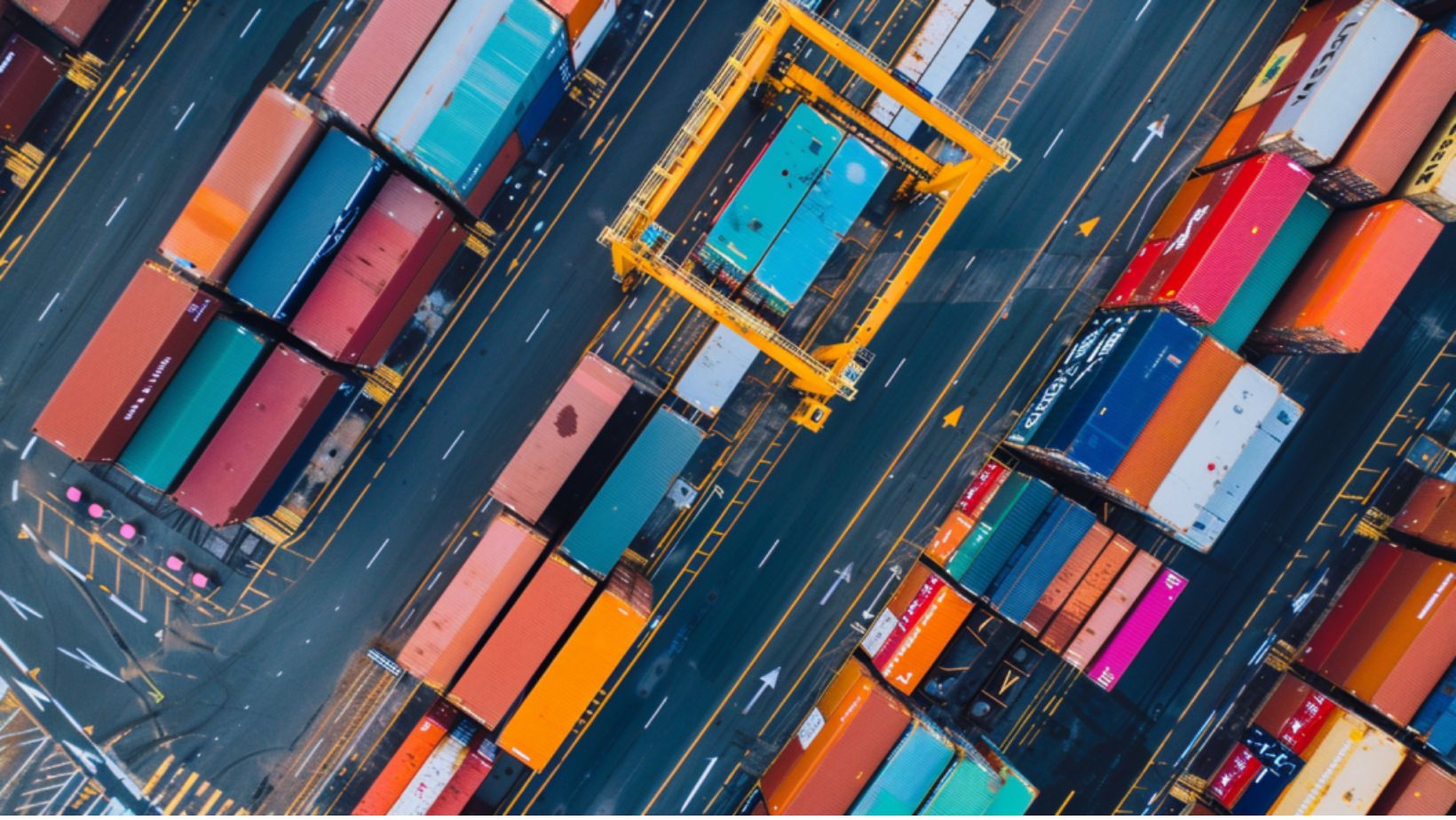Food Modernization Safety Act
On January 4, 2011, President Obama signed the Food Safety Modernization Act, a proactive reform aiming to protect the U.S. food supply by enforcing supply chain safety standards and regulations. Under the FSMA, the Food and Drug Administration has the ability to hold imported food to the same standards as food produced domestically through the cooperation of local and state authorities. U.S. importers need to ensure that both their food facilities, as well as their foreign suppliers’ food facilities are registered in the U.S. as well. Further, all foreign suppliers need to enact preventative measures to protect the integrity and safety of their products in accordance with the U.S. FDA’s safety standards.
Food Safety Modernization Act Implementation & Requirements
Per the FMSA, importers need to:
1. Properly register their company with the FDA – All foreign and domestic facilities need to renew their registration every other year
2. Produce a written safety plan that addresses hazards in their facility
3. Document measures to uphold FSMA and proactive measures to prevent threats to the food supply
4. Develop a recall plan that dictates how each product is produced and handled
5. Anticipate additional surveillance and sampling when imports cross the border
Under the Food Safety Modernization Act, the FDA has the ability to enforce mandatory recalls for un-registered facilities as well as the ability to suspend a facility’s registration, which essentially shuts down the entity’s operational capabilities. The FDA only needs “a reason to believe” a facility or company is non-compliant to take action against them – they are able to detain a shipment for a short period of time in order to formally take legal action. Importers should expect new fees to be assessed for the inspection of both foreign and domestic facilities to ensure compliance. Also, importers may be assessed re-inspection fees in the event a facility does not initially meet the FSMA’s standards, which can be costly.
According to the FDA, “it may refuse admission of human or animal food importations for food safety concerns – such as intentional or unintentional contamination of an article of food”. Articles of food that have been denied entry in other countries are flagged as the goods may also violate U.S. law.
Resources:
Food Safety Modernization Act
Imports under the FDA Food Safety Modernization Act (FSMA)






Follow Us